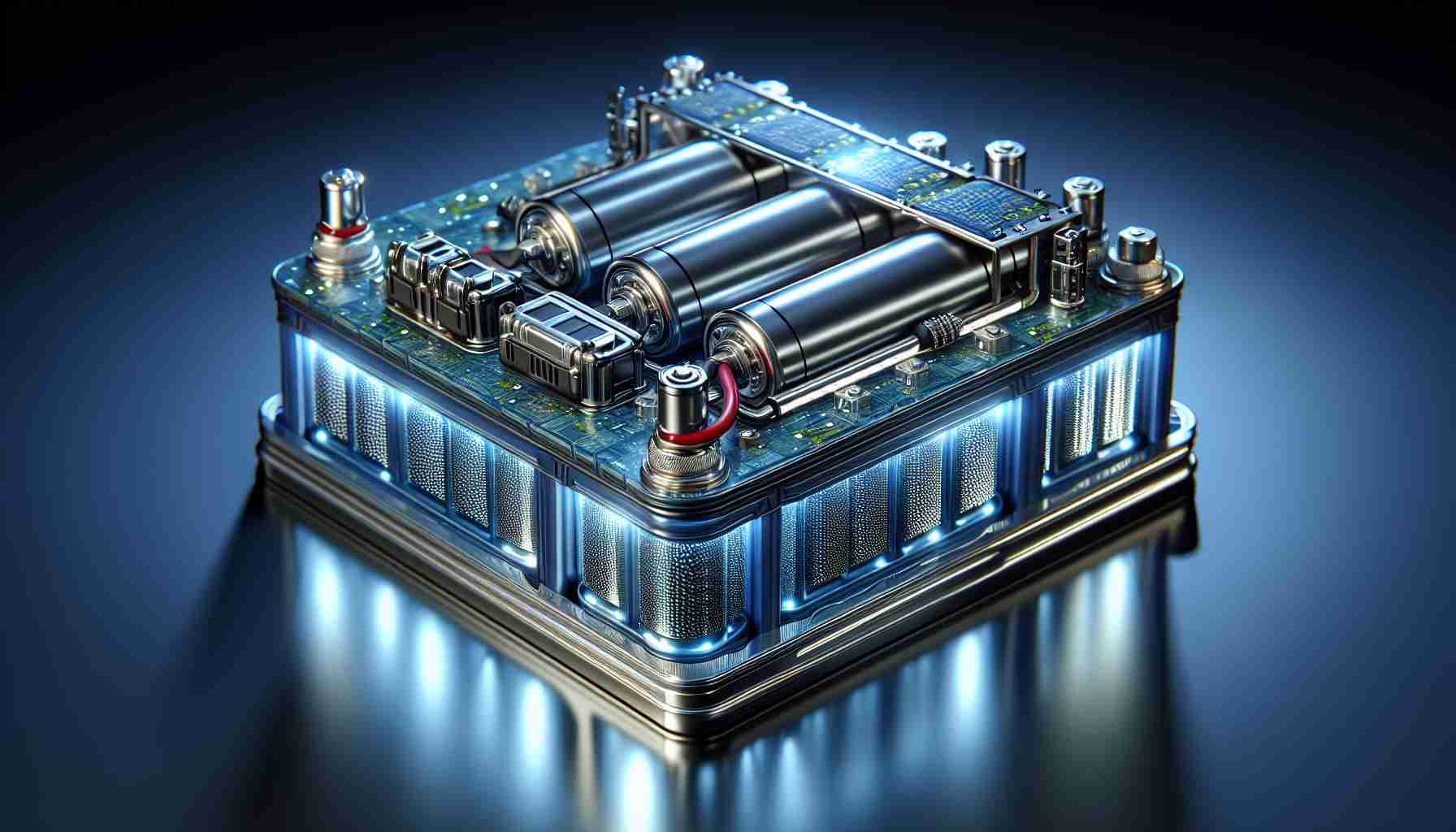In recent news, Hyundai has taken a significant step towards the future of electric cars by patenting fully solid-state batteries in the United States.
Many people have reservations about the electric car revolution due to concerns about charging time and range on a single charge. Solid-state batteries would address both of these issues, creating more efficient batteries that charge faster and have a longer range on a single charge.
Currently, electric cars mostly rely on lithium-ion batteries. Lithium-ion batteries use a liquid electrolyte to separate the positive (anode) and negative (cathode) electrodes, while solid-state batteries use a solid electrolyte to separate the anode and cathode.
Safety is also a crucial factor when introducing solid-state batteries. The liquid in lithium-ion batteries can be damaged by changes in temperature, leading to leaks if the battery is damaged. None of these problems apply to solid-state batteries, which maintain their structure even after being damaged.
The concept of solid-state batteries has been around for years, but electric car manufacturers still have a lot of work to do before they can design and produce them on a large scale. One of the main hurdles in the development of solid-state batteries is the requirement for solid substances like graphite, which can be expensive and difficult to find.
Toyota has already failed to fulfill its promise of introducing this technology in 2021 and 2022. The company now plans to release limited quantities of solid-state battery versions in 2026, with further versions appearing in subsequent years. Toyota has announced mass production of these batteries in 2030.
Other electric car manufacturers such as GM, Ford, Honda, and Mercedes-Benz are also working on solid-state battery technology.
In addition to providing greater range with shorter charging times, Honda’s CEO Toshihiro Mibe recently stated in an interview that the development of solid-state batteries will also reduce the cost of electric cars, which is expected by the early 2030s.
“If we can achieve our goals, the cost will be lowered, and the range increased,” Mibe said. “If we can successfully execute this development, the benefits will be tremendous.”
Join our free newsletter to receive interesting news and practical information to help yourself and our planet.
FAQ Section based on the main topics and information presented in the article:
1. What are solid-state batteries?
Solid-state batteries are a type of batteries used in electric cars that use a solid electrolyte to separate the anode and cathode electrodes. They are more efficient, charge faster, and have a longer range on a single charge compared to lithium-ion batteries.
2. What are the advantages of solid-state batteries compared to lithium-ion batteries?
Solid-state batteries solve the issues of charging time and range on a single charge. Unlike lithium-ion batteries, solid-state batteries do not have a liquid electrolyte that can leak if damaged, and they do not lose their structure after being damaged.
3. What are the challenges in the development of solid-state batteries?
Producing solid-state batteries on a large scale requires solid substances like graphite, which can be expensive and hard to find. Electric car manufacturers still have a lot of work to do before they can design and produce solid-state batteries on a large scale.
4. When can we expect the introduction of solid-state batteries in the electric car market?
Toyota plans to release limited quantities of solid-state battery versions in 2026, with mass production scheduled for 2030. Other electric car manufacturers such as GM, Ford, Honda, and Mercedes-Benz are also working on solid-state battery technology.
Related Links:
– hyundai.com
– toyota.com
– gm.com
– ford.com
– honda.com
– mercedes-benz.com
The source of the article is from the blog yanoticias.es
